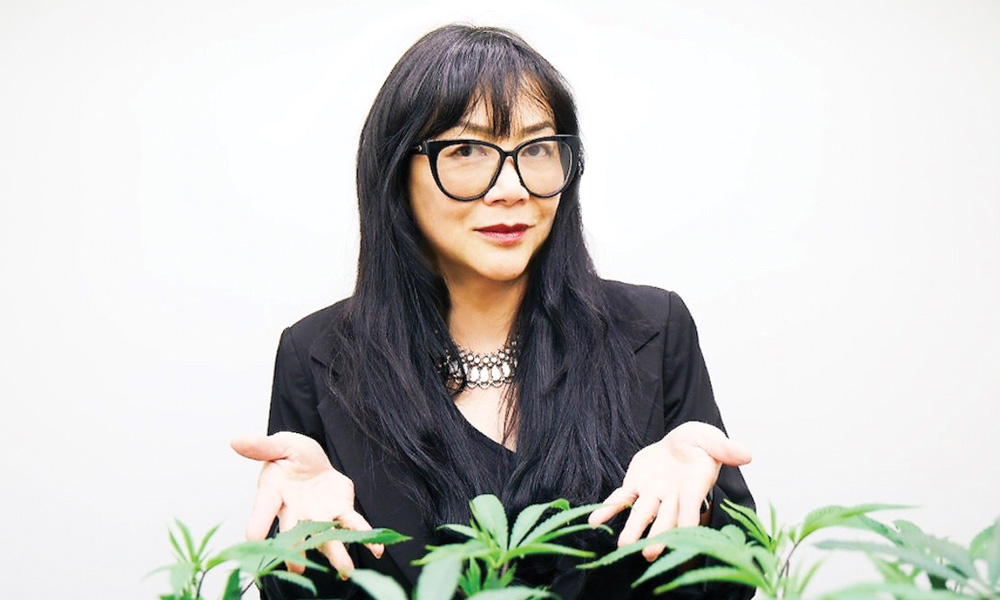
 May is a time to celebrate and honor Asian American and Pacific Islander Heritage Month, a time to reflect on the rich history and culture of these communities. It is also an opportunity to recognize the deep connection between cannabis and Asian culture, which spans thousands of years and different continents.
May is a time to celebrate and honor Asian American and Pacific Islander Heritage Month, a time to reflect on the rich history and culture of these communities. It is also an opportunity to recognize the deep connection between cannabis and Asian culture, which spans thousands of years and different continents.
Asian Americans for Cannabis Education (AACE) is dedicated to reminding people of this fact, and to educating the public about the important role that cannabis has played in Asian cultures throughout history. In Chinese, cannabis is known as “ma” and has been cultivated on the continent for centuries. Fossil records and genetic studies show that the cannabis plant has a long history in Asia.
Ancient Chinese texts, such as the Pen Ts’ao Ching (Classic of Herbal Medicine), dating back over two thousand years, mention cannabis as a plant with various uses, including medicinal and textile production. Archaeological sites in Central Asia have also revealed evidence of cannabis use, with artifacts and residues dating back thousands of years. One notable site is the Yanghai Tombs in Xinjiang, China, where excavations uncovered cannabis plants and seeds, indicating their cultivation and use during that time.
In the Jirzankal Cemetery in the Pamir Mountains of western China, researchers found braziers containing cannabis residue with high levels of THC, the psychoactive compound in cannabis. This suggests that cannabis was intentionally used for its mind-altering properties, making it one of the earliest known instances of cannabis being used as a drug in human history.
The Asian American cannabis community has played a crucial role in advancing the industry, with their contributions to technology, design, development, and social equality. One of the most respected and influential figures in this community is Ophelia Chong. As a US Cannabis Council board member, Cannabis Media Council advisor, Emerald Cup judge, and founder of StockPot images, Chong has helped shape the visual identity of the industry and challenge stereotypes associated with cannabis and its users.
Chong is also a passionate advocate for cannabis and social equity, and her website askophelia.com serves as a valuable resource for those seeking information on navigating the world of cannabis and mushrooms. In 2015, she co-founded AACE, a non-profit organization that provides educational support and resources on cannabis-related matters to Asian communities. Through their initiatives and events, AACE promotes awareness and education in a modern and engaging way.
As we celebrate Asian American and Pacific Islander Heritage Month, let us also recognize and honor the deep connection between cannabis and Asian culture, and the contributions of the Asian American cannabis community. Let us continue to educate ourselves and others about the history and benefits of this plant, and work towards a more inclusive and equitable future for all.









